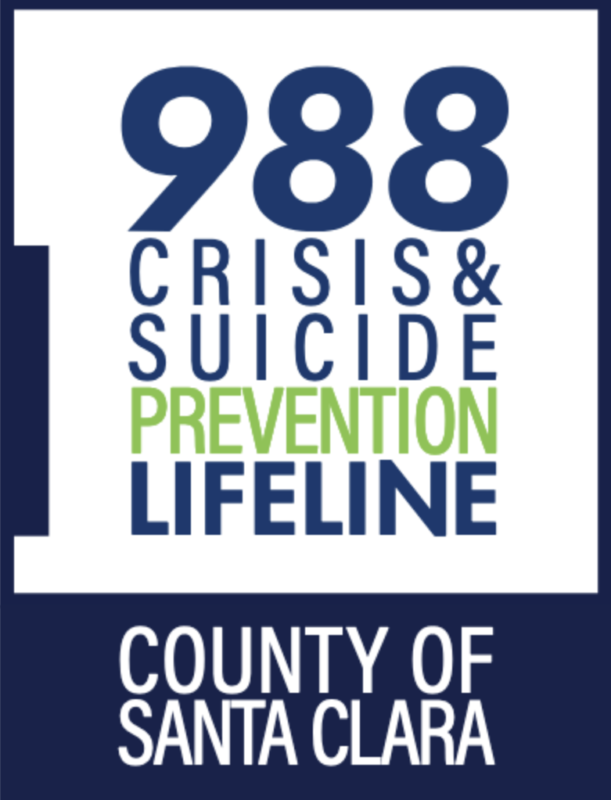
‘The Best Tool We Have’ for Self-Harming and Suicidal Teens
Parents seeking therapy for teenagers who self-harm or suffer from anxiety, depression or suicidal thoughts face an imposing thicket of treatment options and acronyms: cognitive behavioral therapy (C.B.T.), parent management training (P.M.T.), collaborative assessment and management of suicidality (CAMS), acceptance Read more >>











